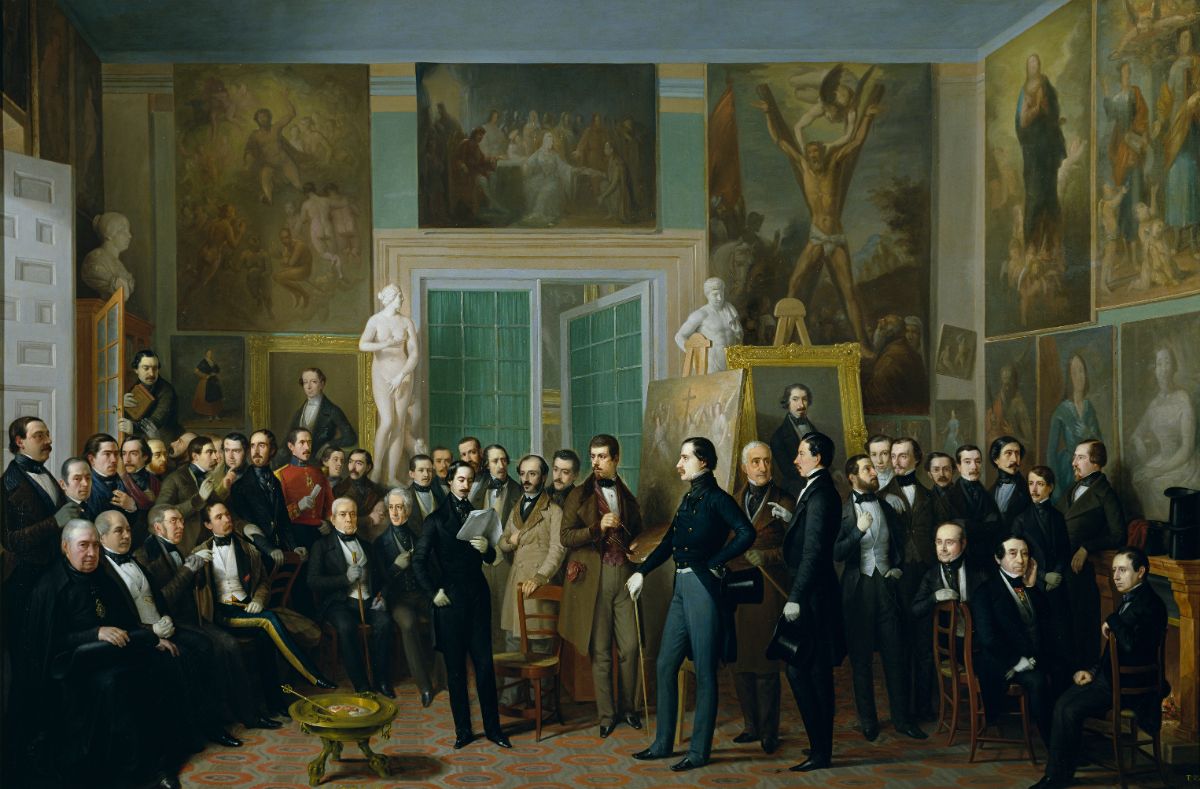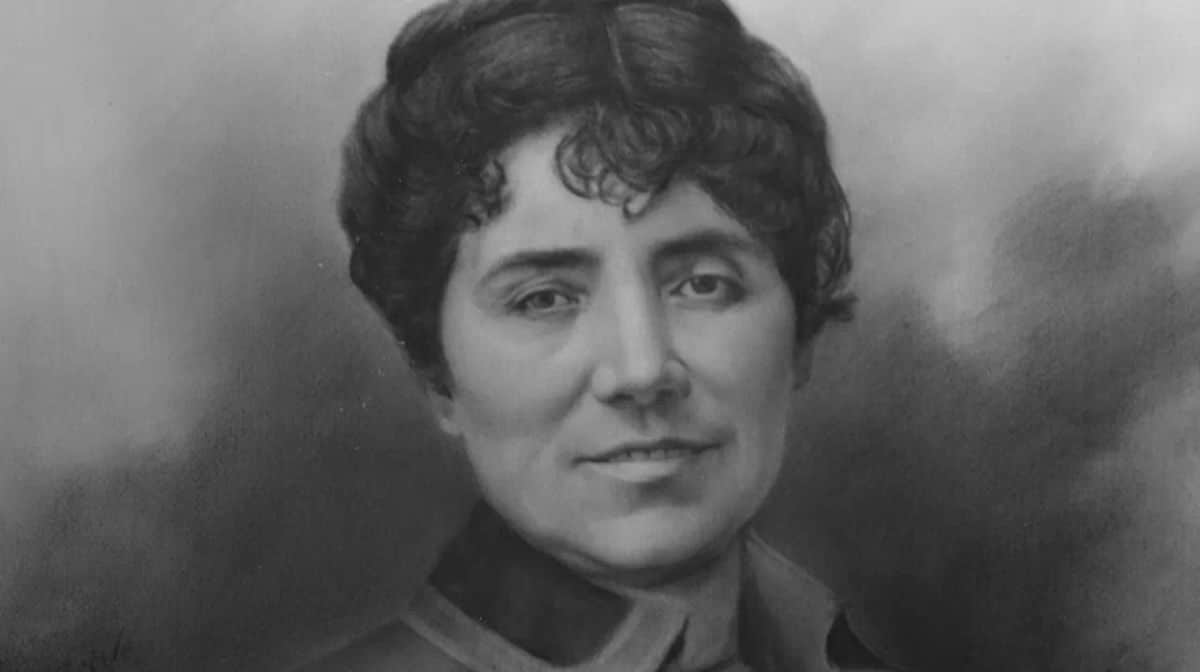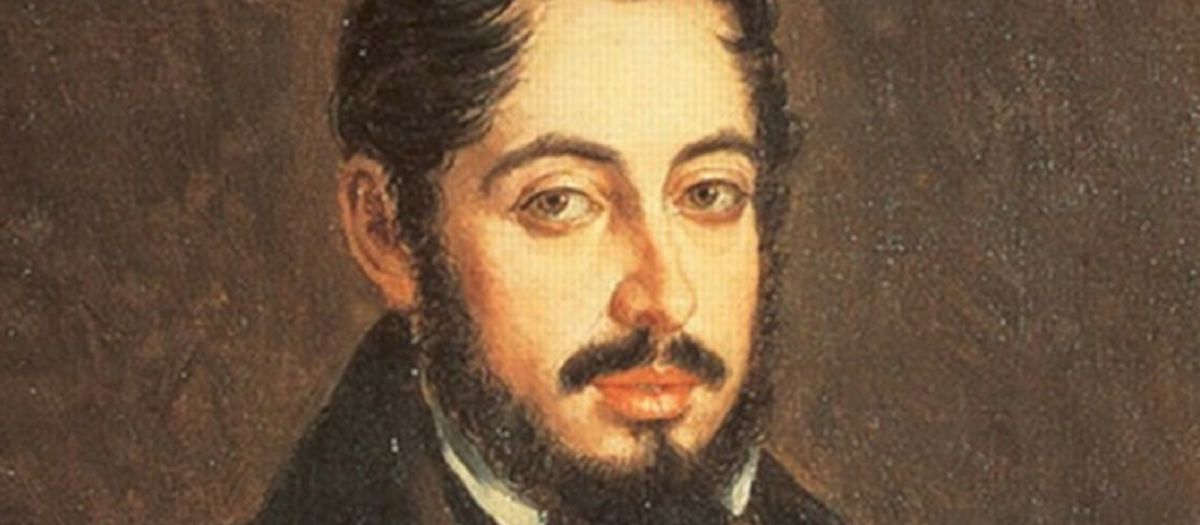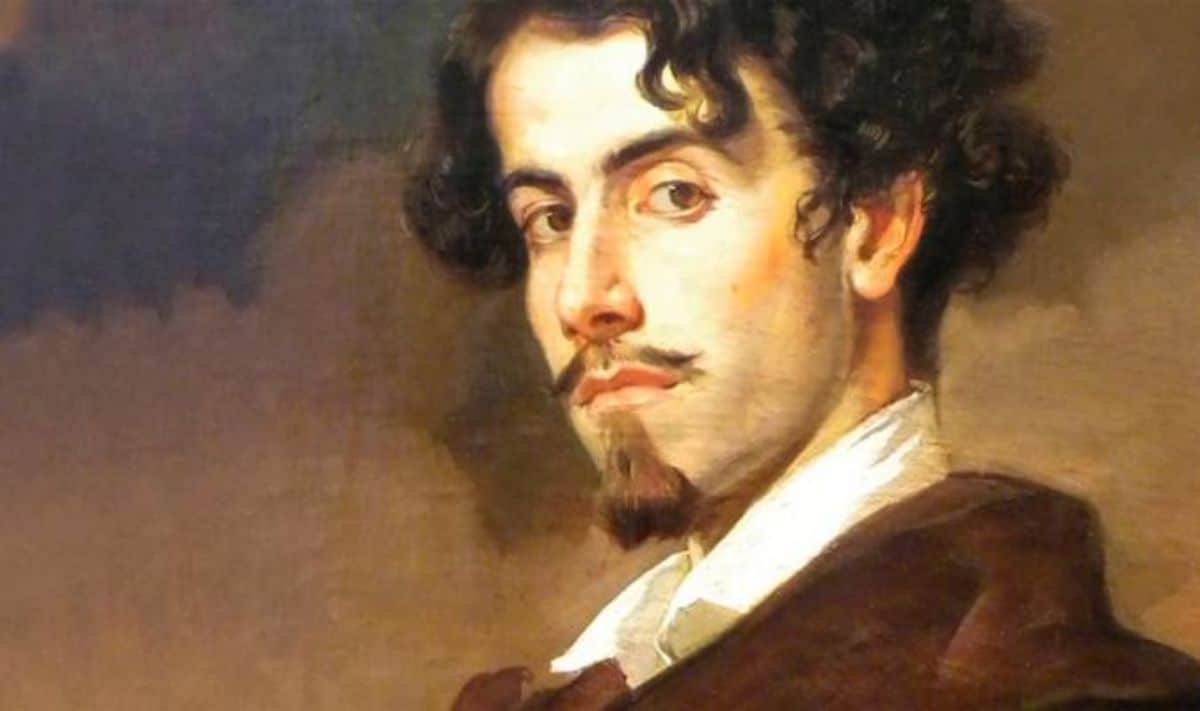
There are many authors of Spanish Romanticism. In Spain it was a great time for literature and many saw this moment as an opportunity to focus interest on a more poetic literature, full of emotions and feelings.
Although we can say that there were many who were linked to this era of Romanticism, some stood out more than others. But, how was Romanticism characterized? Which authors of Spanish Romanticism had the most impact? If you want to know how to be part of history and literature, then we will reveal everything to you.
What is Spanish Romanticism
Before talking to you about the authors of Spanish Romanticism, you should know what we mean by Romanticism and what its characteristics were.
Romanticism was a movement that appeared in the eighteenth century but it did not arrive in Spain until the end of that century and especially the beginning of the XNUMXth century. The greatest characteristic of this movement was wanting to break with neoclassicism. In other words, bet on fantasy and on expressing through words the feelingsboth the author and the characters.
Another of the main characteristics of Romanticism is defend liberalism and the beauty of what is not complete. It was actually a fight between the perfect, the traditional and the copy (which was the previous movement) for an imperfection, modernity and originality.
In turn, Romanticism has always been related to feelings, melancholy, love, but also to mystery, fantasy, the ethereal and omnipresence.
What authors of Spanish romanticism existed
Using Wikipedia, we have made a compilation of all the names that come out and that are related to Spanish Romanticism. Specifically, the list, which is not short, has:
- Rosario de Acuna
- Thomas Aguilo
- Antonio Alcala Galiano
- Jose Amador de los Ríos
- Jose Maria de Andueza
- Francisco Anon
- Juan Venancio Araquistain
- Juan Ariza
- Ermine Robustiana
- Juan Arolas Bonet
- Teresa Arroniz and Bosch
- Julia de Asensi
- Eduardo Asquerino
- Eusebio Asquerino
- Theodosius Ausin
- Baltasar Martinez Duran
- Maria Dolores Basbonald
- Gustavo Adolfo Becquer
- Salvador Bermudez de Castro y Diez
- Sponsorship of Biedma and La Moneda
- Antonio de Bofarull
- Juan Nicolas Böhl de Faber
- Vicente Boix
- Joaquin Maria Bover de Rosselló
- Manuel Breton de los Herreros
- Juan José Bueno and Leroux
- Rosa Butler and Mendieta
- Fermin Knight
- Manuel Cabanyes
- Maria Cabezudo Chalons
- Dolores Cabrera and Heredia
- Pedro Calvo Asensio
- albert way
- Manuel Canete
- Jose de Castro y Orozco
- Joaquin Jose Matterhorn
- Caroline Coronado
- John Cut
- Leopoldo Augusto de Cueto
- Rosalia de Castro
- Jose Zorrilla
- Manuel Juan Diana
- Jose Maria Diaz
- Nicomedes Pastor Diaz
- Agustin Duran
- Patrick of Escosura
- Jose de Espronceda
- Serafin Estebanez Calderon
- Antolin Faraldo
- Augusto Ferran
- Antonio Ferrer del Rio
- Antonio Flores (writer)
- Joaquina Garcia Balmaseda
- Carlos Garcia Doncel
- Antonio Garcia Gutierrez
- Vicenta Garcia Miranda
- Gabriel Garcia Tassara
- Jose Garcia de Villalta
- Pascual de Gayangos and Arce
- Enrique Gil and Carrasco
- Isidore Gil and Baus
- Antonio Gil y Zarate
- Conception Gimeno de Flaquer
- Gertrudis Gomez de Avellaneda
- John of the Pezuela
- Francisco Gonzalez Elipe
- Angela Grassi
- Juan Eugenio Hartzenbusch
- John Leandro Jimenez
- Modest Lafuente
- Mariano Jose de Larra
- Santos Lopez-Pelegrin
- Ramon Lopez Soler
- Enriqueta Lozano
- Federico Madrazo
- Pedro de Madrazo and Kuntz
- Francisco Martinez de la Rosa
- Juan Martinez Villergas
- Maria Josefa Massanes
- Maria Mendoza de Vives
- Ramon de Mesonero Romanos
- Manuel Mila i Fontanals
- Jose Joaquin de Mora
- Ramon Navarrete
- Francisco Navarro Villoslada
- Jose de Negrete y Cepeda
- Antonio Neira de Mosquera
- Eugene de Ochoa
- Louis of Olona
- Joaquin Francisco Pacheco
- John Perez Calvo
- Pascual Perez Rodriguez
- Pedro Jose Pidal
- Paul Piferrer
- John Manuel Pintos
- Jose Maria Posada
- Miguel Agustin Principe
- Jose Maria Quadrado
- Juan Rico and Amat
- Duke of Rivas
- Mariano Roca de Togores
- Tomas Rodriguez Rubi
- Gregorio Romero de Larranaga
- Antonio Ros de Olano
- Jose Rua Figueroa
- Joaquim Rubió and Ors
- Vincent Ruiz Llamas
- Faustina Saez de Melgar
- Jacinto de Salas and Quiroga
- Maria Antonia Salva
- Miguel de los Santos Alvarez
- Eulogio Florentino Sanz
- Jose Somoza
- Gabino Roof
- Telesforo of Trueba
- Luis Valladares and Garriga
- Vega Venture
Most outstanding authors of Spanish Romanticism
As it would be impossible to tell you about each and every one of the authors of Spanish Romanticism, we do want you to meet some of the most prominent and outstanding at that time.
Rosalia de Castro

Source: The voice of Galicia
Novelist and poetess. He was born in Santiago de Compostela and She is one of the most representative authors who directly influenced Romanticism.
From her we can meet works in both Spanish and Galician (One of the reasons was because Romanticism itself struggled to express those nationalist sentiments, that is, of the "homeland" to which the authors belonged).
There are many works by Rosalía de Castro, but if we had to highlight some, perhaps they would be Cantares Gallegos (new fucks) o On the banks of the Sar. Actually whatever you read will be good.
Jose Zorrilla
poet and playwright. It was another of the names that most resonated in Spanish Romanticism and left a big mark on the theater especially.
It is said that had an erotic and sexual temperament, cast directly influenced his works such as that of Don Juan Tenorio. But there were others that also had that part of the author as The shoe and the king or Traitor, unconfessed and martyr.
Mariano Jose de Larra

Source: What to read
As a good journalist what was, his works have always had a certain costumbrismo but, at the same time, also irony and criticism about what was the past (neoclassicism) and what was coming from the future (Romanticism). The surviving texts of him represent their own "romantic" view of the world, but also some satire. She wrote more than 200 articles and essays but also novels. And he not only used his name but also some more "strange" pseudonyms like Duende, Fígaro or Bachiller.
As recommendations from him we can quote you Old Castilian, Come back tomorrow or Marry soon and badly.
Jose de Espronceda
We pass to another author, in this case poet, but also novel writer. In fact, the latter is what he is best known for.
He was born in Badajoz, specifically in Almendralejo and is one of the proper names within the authors of Spanish Romanticism.
He was one of the first to join the movement and he did so expressing that passion and spirit of freedom in his poems, but also in his day to day life. In fact, it is said of him that he was a "hotheaded liberal." He "liberated" himself so much that, at the age of 15, belonged to a secret societyeven though they banished him. He also participated in the days of 1830 in Paris.
As for his works, we can highlight the Pirate Song, The Student of Salamanca or Sancho Saldaña.
Gustavo Adolfo Becquer

Source: webmail
In spite of this very "un-Spanish" name, in reality was born in Spain. Actually, it wasn't her real name; his name was Gustavo Adolfo Claudio Domínguez Bastida. But to cut it short and for his name to have more "flourish", she decided to wear it that way.
In his life he did not succeed too much, but after his death everything changed and his writings practically all belong to the post-romantic.
In it you can meet texts related to love, in different phases of the relationship but also about suffering and death.
We recommend him Rhymes and Legends
Angel Saavedra
Better known as the Duke of Rivas. He was a poet and playwright and this Cordovan aristocrat was another of the names that most resonated in Spanish Romanticism.
But not only stands out for its literary facet. In addition to being Duke of Rivas, he also became President of the Government (although this only played him for two days). Also He was a painter, historian and statesman.
As for his works, we can highlight you Don Álvaro and the force of fate, Aliatar or To the lighthouse of Malta.
Now you know the authors of Spanish Romanticism, both the great list and some of the most representative. Have you read any?